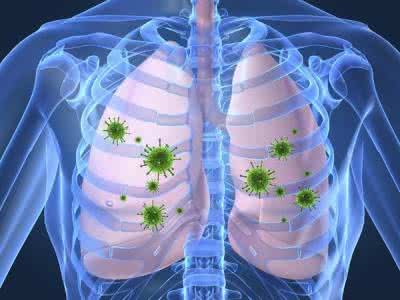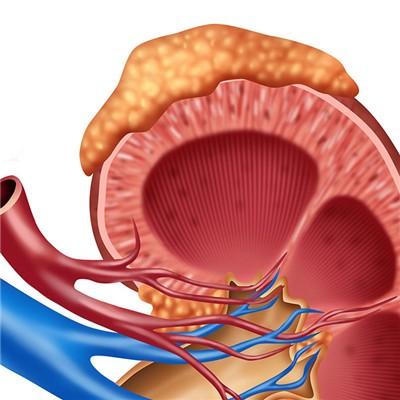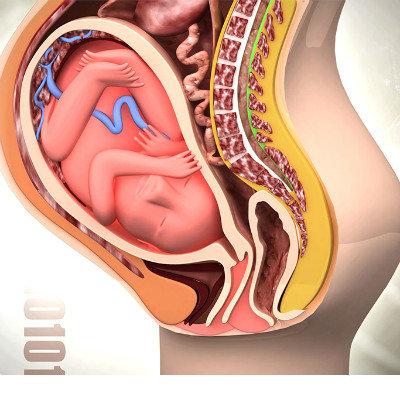Symptoms of hyperthyroidism in pituitary TSH tumor
summary
We all know the feedback system of normal thyroid hormone, but in clinical practice, we often encounter such situations as FT3 / FT4 increase but TSH does not decrease (normal or increase), FT3 / FT4 decrease but TSH does not increase (normal or decrease), etc. Pituitary TSH tumor hyperthyroidism symptoms to tell you.
Symptoms of hyperthyroidism in pituitary TSH tumor
1. Both FT3 and FT4: ① early hypothyroidism of subacute thyroiditis and autoimmune thyroiditis; ② Central hypothyroidism. Combined with TRH excitation test and pituitary MRI diagnosis; ③ Low T3 – T4 syndrome. At the same time, TT3 ↓. It can be seen in patients without thyroid diseases, but with long-term severe diseases such as malnutrition, liver disease, diabetes, and long-term use of amiodarone and glucocorticoid; ④ Iodine deficiency or deficiency.

2. Only FT3 ↓: low T3 syndrome, while TT3 ↓, FT4 normal or mild ↑. The significance is the same as low T3-T4 syndrome. 3. FT4 only: iodine deficiency or deficiency; Some people think that it is because of iodine enough or excessive. It can be judged by urine iodine.

4. Both FT3 and FT4 ↑: ① the early stage of transient thyrotoxicosis of subacute thyroiditis and autoimmune thyroiditis. Combined with thyroid autoantibodies, thyroid color Doppler ultrasound and radionuclide scanning, etc; ② Adequate or excessive iodine intake; ③ Pituitary hyperthyroidism is more common in TSH tumor. It should be noted that the serum TSH level in patients with TSH tumor is not necessarily increased. If FT3 and FT4 are both ↑, the TSH level is normal; ④ Thyroid hormone resistance syndrome is a rare autosomal dominant hereditary disease. Sometimes only FT3 or FT4 ↑, TSH level is not appropriate normal, also can rise.

matters needing attention
1. The determination of FT3 and FT4 is also affected by diseases, such as familial abnormal albuminemia, renal failure, endogenous T4 antibody, etc; Amiodarone and heparin can increase FT4, phenytoin and rifampicin can decrease FT4; 2. In case of unexplained changes of thyroid function, or the changes of thyroid function are not consistent with the symptoms, thyroid function must be reexamined repeatedly to check the experimental errors, drug and disease effects, which is also to prove that thyroid dysfunction is persistent; 3. When suspected to be thyroiditis, primary hyperthyroidism or hypothyroidism, combined with thyroid autoantibody, thyroid color Doppler ultrasound and radionuclide scanning, the etiology should be diagnosed;














